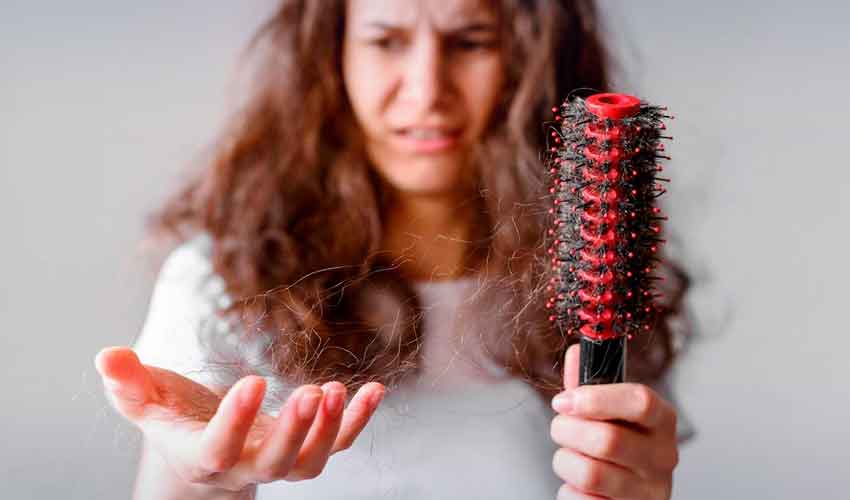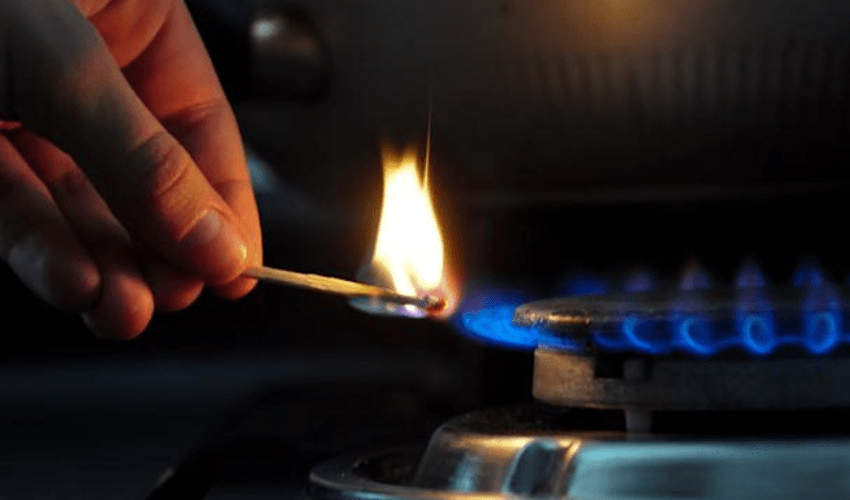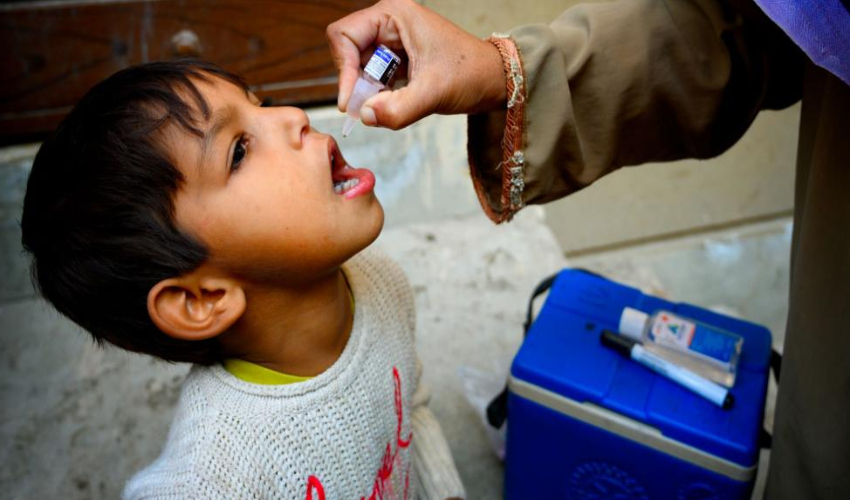As winter approaches, many individuals notice an increase in hair fall, which can be concerning and puzzling. The cold air, harsh winds, and changing environmental factors can affect both your scalp and hair health, leading to shedding and breakage.
This seasonal hair fall, while common, can be managed with the right care. Dr. Shweta Mishra, a Facial Cosmetic and Aesthetic Surgeon, explained that "seasonal hair fall in winters is normal due to environmental changes, but with proper care, it can be controlled".
Why does hair fall increase in winter?
In colder months, low temperatures and dry air strip moisture from the scalp, making hair more brittle and prone to breakage. Additionally, reduced sunlight leads to lower vitamin D levels, which can slow cell renewal and weaken hair follicles. The lack of moisture in the air also depletes natural oils on the scalp, leading to dryness and irritation. Hormonal changes during seasonal transitions can further contribute to hair shedding.
Symptoms of winter hair fall
You may notice increased hair shedding during brushing or washing, often leaving clumps of hair behind. Hair may feel dry and brittle, with split ends becoming more common, and your scalp could become flaky or itchy due to dryness.
How to prevent hair fall in winter
-
Home Care Tips
- Regularly moisturize your scalp with nourishing oils such as coconut, argan, or olive oil to restore hydration and strengthen hair.
- Avoid washing your hair too often, as this can strip natural oils. Aim to wash your hair 2–3 times a week with a mild, sulfate-free shampoo.
- Use lukewarm water for washing, as hot water can damage hair cuticles and cause dryness. Protect your hair from harsh winds by wearing hats, scarves, or applying leave-in conditioners to lock in moisture.
-
Dietary Adjustments Dr. Mishra highlights the importance of diet in maintaining healthy hair. Consuming foods rich in omega-3 fatty acids, such as salmon, walnuts, and chia seeds, along with biotin and zinc-rich foods like eggs, almonds, and spinach, can strengthen hair from within.
Hydration is also key; drinking enough water helps keep the scalp nourished and prevents excessive dryness. Vitamin D supplements can help maintain healthy follicle function during winter months. -
Professional Treatments Scalp hydration therapies, provided by professionals, target deep moisture restoration for the scalp and can promote healthier hair growth. Dr. Mishra recommends treatments like platelet-rich plasma (PRP) therapy, which involves injecting growth factors directly into the scalp to strengthen hair follicles.
Hair mesotherapy, another professional option, delivers nutrients such as vitamins, amino acids, and minerals to stimulate hair growth and reduce shedding. These advanced treatments provide long-term solutions for persistent seasonal hair fall. -
Prevention and Maintenance According to Dr. Mishra, the key to reducing winter hair fall is a combination of hydration, protection, and nourishment. Simple measures like wearing protective headgear to shield hair from harsh winds and using deep conditioning treatments can help prevent breakage.
Choosing good-quality hair care products that suit your hair type, along with a weekly hair mask routine, can further protect your hair from winter damage. Maintaining a consistent care routine and seeking professional advice when necessary can help manage seasonal hair fall effectively.
"Healthy hair begins with a healthy scalp, and winter care should focus on both," Dr. Mishra concluded.


























